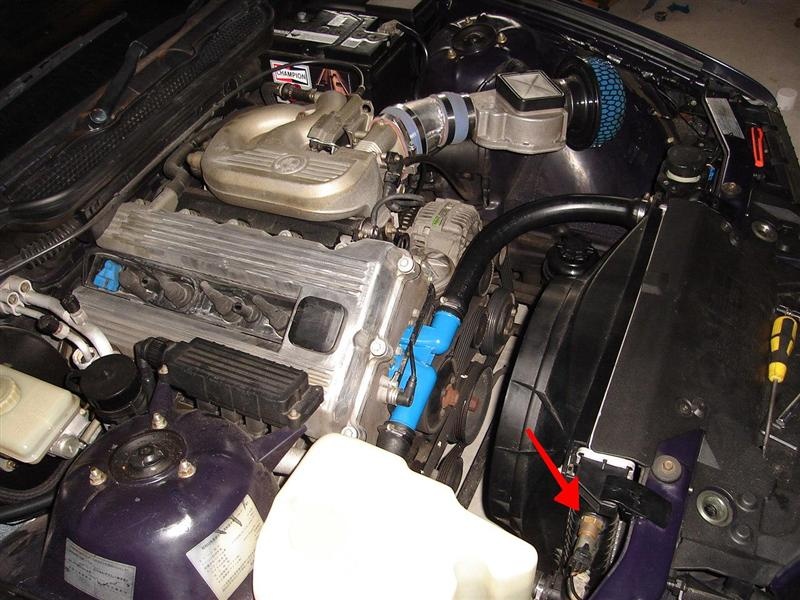Key Features to Look for When Getting an Engine for Automotive Applications
When considering the acquisition of an engine for automotive applications, a number of vital functions warrant careful evaluation to guarantee optimum efficiency and performance. From power and performance capabilities to sustain resilience, adherence, and performance to exhausts requirements, each facet plays a vital duty in establishing the engine's viability for specific auto needs. In addition, cost-effectiveness remains a crucial factor in the decision-making process, balancing quality with economic factors to consider. These functions collectively add to the total performance and integrity of the engine, influencing the driving experience and long-term contentment of the user.
Power and Performance
When picking a vehicle engine, customers focus on power and performance to guarantee optimal driving experience and efficiency. The power outcome of an engine, often determined in horse power (HP) or kilowatts (kW), determines the acceleration, leading speed, and total capacities of an automobile. Higher power scores generally lead to quicker acceleration and far better efficiency, particularly throughout overtaking or lugging heavy lots. Performance, on the other hand, incorporates a more comprehensive range of qualities, including gas effectiveness, exhausts, dependability, and total driving dynamics. A well-performing engine not just provides power effectively but additionally runs smoothly throughout different speed arrays and driving problems.
Buyers commonly consider the engine's torque result along with its power score. Torque, gauged in pound-feet (lb-ft) or Newton-meters (Nm), shows the engine's rotational pressure, influencing the car's capability to tow, climb inclines, and increase from dead stop. An equilibrium between power and torque is vital for accomplishing a responsive and functional driving experience. Additionally, aspects such as engine turbocharging, crossbreed, and variation technologies play significant duties in enhancing both power and efficiency degrees. Ultimately, picking an engine that offers a powerful mix of power and efficiency makes sure a enjoyable and effective driving experience. bmw 318ti.
Gas Effectiveness
Optimizing gas efficiency is a vital factor to consider for consumers when evaluating automotive engine alternatives. The efficiency of an engine directly affects operating prices and ecological impact. One essential aspect affecting gas performance is the engine's style and technology. Modern engines with features like direct fuel injection, turbocharging, and variable valve timing can significantly improve gas effectiveness by enhancing combustion procedures and minimizing energy loss. In addition, the overall weight of the engine and car, as well as the aerodynamics, play critical functions in figuring out gas intake.

Longevity and Reliability
Attaining long-lasting efficiency and reputable operation is necessary for consumers evaluating the sturdiness and reliability of auto engines. When taking into consideration an engine for automotive applications, toughness refers to the engine's capability to endure wear, tension, and extreme operating problems over an extended period. Dependability, on the other hand, suggests that the engine can continually execute its desired function without unforeseen break downs or failures.
Consumers ought to try to find engines created with high-grade materials and specific design to ensure longevity. Components such as bearings, pistons, and crankshafts should be long lasting to take care of the engine's power outcome without premature wear. Furthermore, engines geared up with sophisticated cooling systems, effective lubrication, and robust filtering mechanisms often tend to show greater levels of integrity.
Routine maintenance and adherence to supplier referrals are additionally critical factors in protecting an engine's toughness and reliability. By adhering to maintenance schedules, utilizing suggested liquids, and resolving any type of issues quickly, customers can take full advantage of the lifespan and efficiency why not check here of their automotive engines. Inevitably, prioritizing look at this web-site sturdiness and dependability in engine choice can lead to an extra enjoyable ownership experience with less unexpected disruptions.
Emissions Conformity
Ensuring compliance with exhausts laws is a vital aspect of evaluating auto engines for ecologically aware customers. With raising issues about air quality and environmental effect, stringent discharges standards have actually been established worldwide to minimize harmful pollutants released right into the environment. When buying an engine for auto applications, it is important to consider its exhausts conformity to reduce the carbon footprint and stick to legal needs.
Modern engines are furnished with sophisticated emission control technologies such as catalytic converters, exhaust gas recirculation (EGR) systems, and selective catalytic reduction (SCR) to decrease unsafe exhaust gases like nitrogen oxides (NOx), carbon monoxide (CARBON MONOXIDE), and hydrocarbons (HC) These systems play an essential function in guaranteeing that the engine meets the specified emissions criteria and operates within permissible restrictions.

Cost-effectiveness
When taking into consideration auto engine purchases, assessing cost-effectiveness is extremely important for consumers seeking both efficiency and worth. It incorporates the general costs connected to maintenance, fuel usage, and potential repair services over the engine's lifespan.
Engines that are made to optimize fuel economic climate can lead to considerable cost savings over time, especially for individuals who drive frequently or over long ranges. bmw 318ti. Additionally, thinking about the availability and cost of spare components and maintenance can contribute to the overall cost-effectiveness of an engine.

Conclusion
Finally, when visit this site purchasing an engine for automotive applications, it is important to consider vital functions such as power and performance, gas efficiency, dependability and longevity, discharges compliance, and cost-effectiveness. These variables are crucial in making certain that the engine fulfills the requirements of the car and runs efficiently in different driving conditions - bmw 318ti. Making a notified choice based on these criteria will ultimately result in a successful and efficient automobile engine acquisition
From power and efficiency capabilities to sustain adherence, efficiency, and toughness to exhausts requirements, each element plays an essential role in determining the engine's viability for particular automobile needs. Engines designed to run on alternate gas such as electrical power, crossbreed systems, or biofuels can supply better gas economy and lower discharges compared to traditional gasoline or diesel engines. Customers should thoroughly consider the fuel effectiveness scores and modern technologies included into automobile engines to make educated acquiring decisions that align with their priorities for expense savings and sustainability.
When considering an engine for auto applications, sturdiness refers to the engine's ability to stand up to wear, anxiety, and harsh operating problems over a prolonged period.In conclusion, when buying an engine for automobile applications, it is important to take into consideration essential functions such as power and performance, gas dependability, efficiency and sturdiness, discharges conformity, and cost-effectiveness.